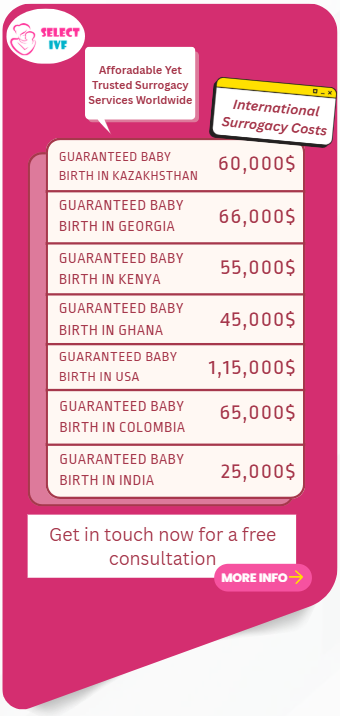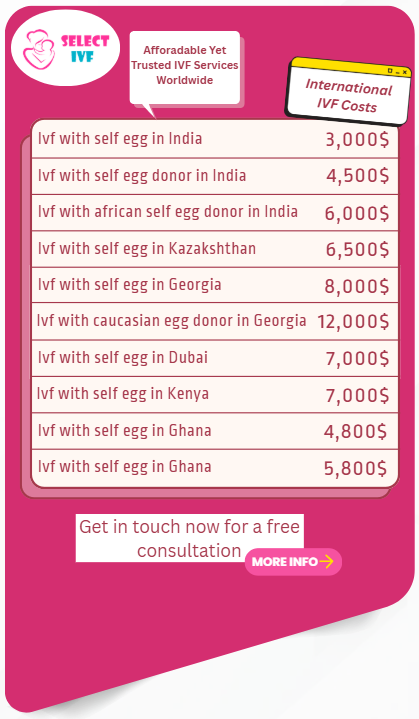In the ever-evolving realm of fertility treatments, constant advancements are transforming the landscape, providing renewed hope for prospective parents. Amidst these groundbreaking innovations, the concept of “Shipped Frozen Eggs” has risen to prominence, presenting a revolutionary solution that amplifies accessibility and flexibility for individuals and couples exploring assisted reproductive technologies. This blog post delves into the nuances of Shipped Frozen Eggs, unraveling the intricacies of its process, enumerating the benefits it offers, and shedding light on the considerations that come with this cutting-edge fertility option.
Understanding Shipped Frozen Eggs
Shipped Frozen Eggs revolutionize fertility treatments by cryopreserving eggs at a clinic, allowing for transport to distant locations, offering enhanced accessibility, flexibility, and hope for prospective parents worldwide.
The Basics of Shipped Frozen Eggs: Shipped Frozen Eggs involve the cryopreservation of eggs at a fertility clinic, followed by their transportation to another location for IVF procedures. This process allows individuals and couples to overcome geographical barriers, granting access to high-quality eggs even when a suitable fertility clinic is not nearby.
Cryopreservation Technology: Central to the success of Shipped Frozen Eggs is the cryopreservation technology used to freeze and store eggs. This technology has evolved significantly, minimizing the risk of cellular damage and increasing the chances of successful fertilization when the eggs are later thawed for use.
How Shipped Frozen Eggs Work: Once eggs are harvested, they undergo a carefully controlled freezing process. The frozen eggs are then packaged and shipped to the intended destination. Upon arrival, the eggs can be thawed and used for IVF procedures, offering a reliable and efficient way to expand fertility treatment options.
The Process of Shipped Frozen Eggs
Egg Harvesting and Cryopreservation: The process begins with the retrieval of eggs from a donor or the intended parent. These eggs are then carefully cryopreserved using advanced freezing technology to ensure their viability during storage.
Packaging for Shipment: Once cryopreserved, the frozen eggs are meticulously packaged to withstand the rigors of transportation. Specialized containers and temperature-controlled systems are employed to safeguard the delicate nature of the eggs throughout the shipping process.
Shipping Logistics: The logistical aspect involves coordinating the safe transport of the packaged frozen eggs from the originating fertility clinic to the intended destination. Logistics teams work to maintain the required temperature conditions during transit to prevent any compromise in the quality of the eggs.
Receiving and Thawing: Upon reaching the designated clinic or location, the packaged frozen eggs are received with great care. Thawing is a critical step in the process, and it requires precision to ensure that the eggs return to their original state without any damage, preparing them for use in IVF procedures.
Quality Assurance Protocols: Throughout the entire journey, stringent quality assurance protocols are implemented. These protocols include regular temperature checks, monitoring of shipping conditions, and assessments to guarantee the eggs’ integrity. Quality control measures are crucial to maximize the chances of successful fertilization and subsequent pregnancy.
Benefits of Shipped Frozen Eggs
Shipped Frozen Eggs offer increased accessibility, flexible treatment timelines, and reduced financial burden in fertility treatments. This innovative solution transcends geographical constraints, providing hope and expanded options for prospective parents.
Increased Accessibility
One of the primary advantages of Shipped Frozen Eggs is the enhanced accessibility it provides to individuals and couples. Geographical limitations often restrict access to specialized fertility clinics, but with the option of shipping frozen eggs, prospective parents can choose from a broader range of clinics and reproductive specialists.
Flexible Treatment Timelines
Shipped Frozen Eggs also offer increased flexibility in planning fertility treatments. Rather than being constrained by the availability of a local fertility clinic, individuals can coordinate with clinics that align with their timelines and preferences. This flexibility can be especially beneficial for those with busy schedules or those facing time-sensitive fertility challenges.
Reduced Financial Burden
The traditional process of undergoing fertility treatments often involves significant travel expenses, accommodation costs, and time away from work. Shipped Frozen Eggs can help mitigate these financial burdens by allowing individuals to choose a fertility clinic based on expertise rather than location, potentially reducing overall treatment costs.
Considerations and Challenges
- Quality Assurance: While Shipped Frozen Eggs offer numerous advantages, ensuring the quality and viability of the eggs throughout the shipping process is paramount. Fertility clinics and shipping services must implement rigorous quality control measures to minimize the risk of damage to the eggs during transportation.
- Legal and Ethical Considerations: The international nature of Shipped Frozen Eggs may introduce legal and ethical considerations. Different countries have varying regulations regarding fertility treatments, donor anonymity, and the handling of genetic material. Prospective parents must navigate these complexities and ensure compliance with relevant laws and ethical guidelines.
- Logistical Challenges: The logistics of shipping biological material, especially delicate and sensitive eggs, present unique challenges. Maintaining the necessary temperature conditions during transit is crucial to preserving the viability of the eggs. Fertility clinics and shipping providers must collaborate closely to address these logistical challenges and optimize the chances of successful outcomes.
Future Directions and Research in Shipped Frozen Eggs
Future directions in Shipped Frozen Eggs involve ongoing research to enhance success rates, optimize shipping methods, and explore technological innovations, promising improved accessibility and efficacy in fertility treatments.
Ongoing Research and Advancements
The field of assisted reproductive technologies is dynamic, with ongoing research focused on enhancing the success rates and efficiency of Shipped Frozen Eggs. This section explores the latest advancements, potential future developments, and areas of active research that may further improve the accessibility and efficacy of this fertility solution.
Technological Innovations
As technology continues to evolve, innovations in cryopreservation and shipping methods may emerge, further optimizing the process of shipping frozen Eggs. From improvements in temperature control during transit to advancements in packaging and tracking, these innovations hold the promise of refining the entire fertility treatment experience.
Conclusion
In the ever-evolving landscape of fertility treatments, Shipped Frozen Eggs stand out as a revolutionary solution that transcends geographical constraints, offering increased accessibility and flexibility to individuals and couples pursuing their dreams of parenthood. While challenges and considerations exist, the potential benefits, success stories, and ongoing research underscore the promise of Shipped Frozen Eggs as a key player in the future of assisted reproductive technologies. As technology and understanding continue to advance, the journey toward building a family becomes more inclusive and attainable for those navigating the intricate path of fertility treatments.









